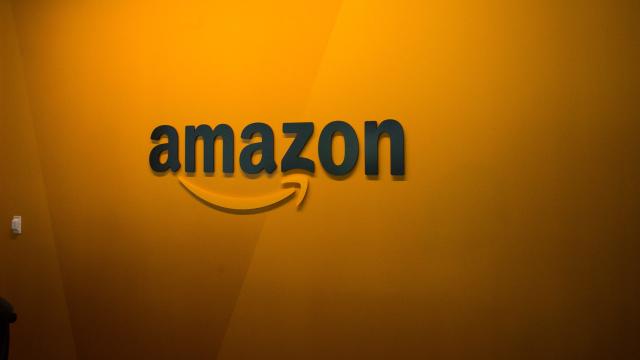Despite internal opposition, Amazon has changed its search algorithms to prioritise listings that translate into bigger profits for the company — including its own private label goods, according to a Wall Street Journal exclusive.
Citing sources from Amazon’s A9 search team and the company’s lawyers, the WSJ report claims Amazon tweaked the search algorithm from showing the most relevant products to “featured” ones. The change was not publicised and was initially contested by Amazon’s internal lawyers, who said it could potentially cause trouble with antitrust regulators.
It was also unpopular with the A9 team, as it was thought to put profitability over what’s best for customers. While the tweak wouldn’t necessarily boost only Amazon products, it would likely give a bump to the tech giant’s private-label brands as they are designed to be more profitable for Amazon.
According to the report, Amazon’s retail team pressured A9 engineers to favour Amazon’s private-label products for years, arguing that they should receive preferential treatment in search results. Their logic was that grocery store chains and other stores put their own products right next to national U.S. brands in-store.
When retail team executives were met with concerns about directly adding a profitability metric, they then looked for more roundabout variables that could act as “proxies” for profit in the algorithm.
The kind of correlation that Amazon’s employees reportedly tried to make between its own marketplace and a traditional retailer ignores the fact that Amazon is estimated to control around 38 per cent of the online retail market.
Generally speaking, society is still coming to terms with what should be considered acceptable when evaluating the differences between IRL and digital business practices. But Amazon’s case is closer to a retailer having the ability to put its store on the most prime piece of real estate in 38 per cent of cities than it does to a simple choice of shelf placement.
For its part, Amazon takes issue with the Wall Street Journal report. In an emailed statement to Gizmodo, a company spokesperson wrote:
The Wall Street Journal has it wrong. We explained at length that their ‘scoop’ from unnamed sources was not factually accurate, but they went ahead with the story anyway. The fact is that we have not changed the criteria we use to rank search results to include profitability.
We feature the products customers will want, regardless of whether they are our own brands or products offered by our selling partners. As any store would do, we consider the profitability of the products we list and feature on the site, but it is just one metric and not in any way a key driver of what we show customers.
Amazon also told Gizmodo that private-label products only account for 1 per cent of its total sales and argued that the number is much higher for other retailers with private-label brands. Regardless, the news caused Amazon stocks to take a bit of a tumble this morning.
According to Bloomberg, shares fell 1.9 per cent to $2,627 after the report was released.
The news comes at a time when the tech giants are all under greater antitrust scrutiny from regulators. Just last Friday, house lawmakers requested Amazon executives — along with the honchos over at Google, Apple, and Facebook — hand over their personal communications to see whether the companies are engaging in anti-competitive behaviour.
Meanwhile, Amazon is also facing an antitrust probe in the EU over its treatment of third-party merchants, alleging it is “abusing its dual role as a seller of its own products and a marketplace operator.”
